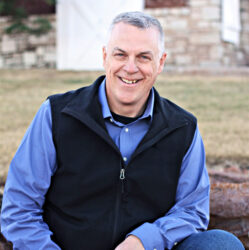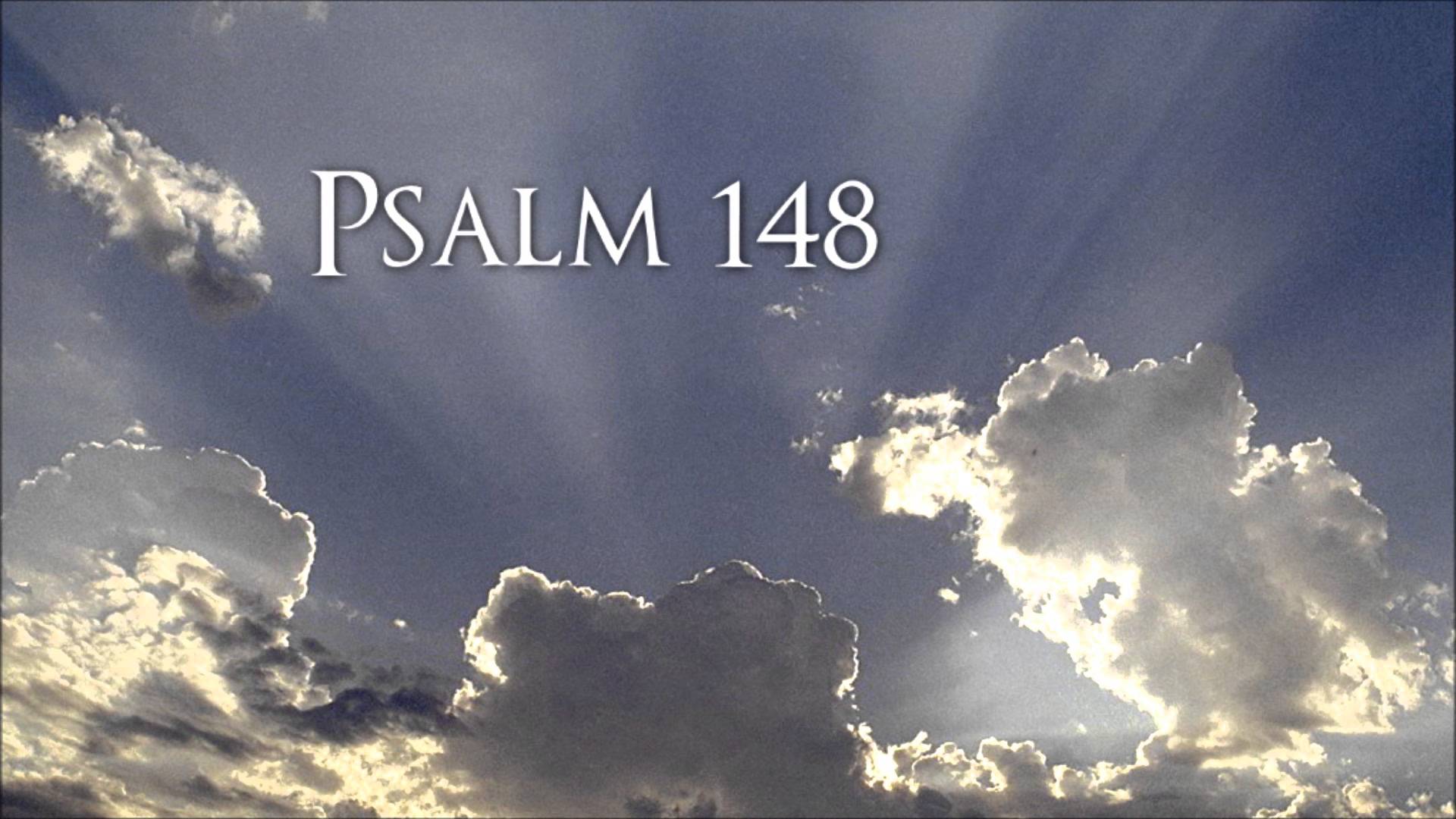Are You A Citizen?…October 13th
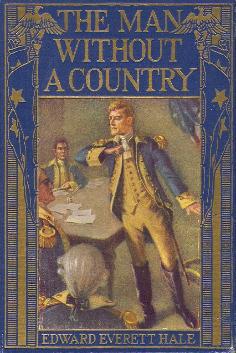 Philip Nolan was a fictitious Army Lieutenant for the Union during the American Civil War. Accused of being an accomplice of treason he is put on trial. During his testimony, in anger, he renounces his country shouting, “I wish I may never hear of the United States again!” Shocked by the outburst of defiance, with cold resolve the judge grants him his wish. Nolan is sentenced to spend the rest of his life aboard United States Navy warships, in exile, with no right ever again to set foot on U.S. soil. The final element of punishment is that no one shall ever mention his country to him again. He becomes, the ‘Man without a Country.’
Philip Nolan was a fictitious Army Lieutenant for the Union during the American Civil War. Accused of being an accomplice of treason he is put on trial. During his testimony, in anger, he renounces his country shouting, “I wish I may never hear of the United States again!” Shocked by the outburst of defiance, with cold resolve the judge grants him his wish. Nolan is sentenced to spend the rest of his life aboard United States Navy warships, in exile, with no right ever again to set foot on U.S. soil. The final element of punishment is that no one shall ever mention his country to him again. He becomes, the ‘Man without a Country.’
Citizenship in a country is a sign of belonging. It establishes your rights and your membership. If you are not a citizen of a country (or a community), you have no voice or privilege within that country/community. Our lesson this Sunday asks the question with no clarification, simply…’are you a citizen?’ Join us as we consider our citizenship.
“…I will sing with the spirit and I will sing with the mind also.” I Corinthians 14:15
Sunday morning, October 8, 2013
The following songs are found in the hymnal, Songs of Faith & Praise.
“Hallelujah! Praise Jehovah” 3
A beautiful song of praise to our God…read Psalm 148 and you will better understand the power and majesty of this ‘psalm’ of praise.
“Seek Ye First” – 555
A contemporary psalm (song from the scripture) that I remember singing around the campfire. A ‘teen’ song that inspires the singer/listener to seek God first. Open your Bible to Matthew 6:33 and sing, “but seek first the kingdom of God and His righteousness, and all these things shall be added unto you…”
“Hallelujah, What a Savior” – 337
Another psalm as we consider the words of Isaiah in his 53rd chapter…“He is despised and rejected by men, a Man of sorrows and acquainted with grief. And we hid, as it were, our faces from Him; He was despised, and we did not esteem Him.” But consider this verse carefully as you sing…”Guilty, vile and helpless we; (we are not innocent, we are disgusting (vile) and unable to take care of ourselves. Jesus, however, is the Lamb of God, who is without blemish (spotless). Is it possible (can it be) therefore, that we can have full atonement (cleansing) from our guilty, vile and helpless situation? The answer is yes and our response is simple…“Hallelujah! What a Savior.”
“Sweet Adoration” – 253
“Sweet adoration comes from Your children…” Do we admire our God and tell Him that in our songs? More than saying it, do we live it? Can the world see our glory and honor and praise to God as a part of our constant devotion?
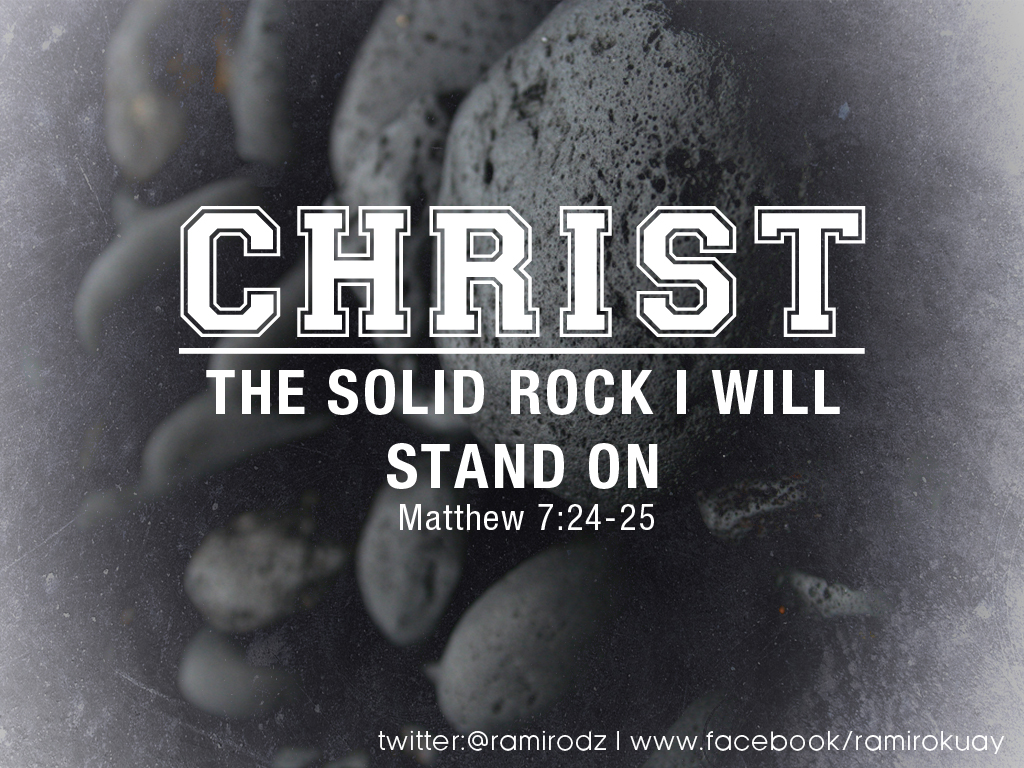
“My Hope is Built on Nothing Less” – 538
On Christ…the SOLID Rock I stand! Where do you stand?
“Jesus, Let Us Come to Know You” – 768
Not your typical invitation song, but this spiritual song calls us to say to our Lord, ‘Jesus, let us come to know You.’ We’ll never know Him, until we give our lives to Him!
“When the Roll is Called Upon Yonder” – 852
The teacher takes roll in class for the simple purpose to find out “who’s there.” This song was born from the same idea, but looking toward eternity. When life is over, when the Lord is ‘taking roll’ will our name be called? When the ‘roll is called’ up yonder…will you be there?
Ancient Songs from the Old Testament
For the next few months articles will be shared from the research of my uncle, Richard Dent. He and his wife live in Kansas where he has served in the educational system for more than 40 years. Yet more than educating young people, he serves as a part-time preacher for the Tyrone church of Christ in Tyrone, Oklahoma. This article is one he recently shared with me as we talked about hymn history.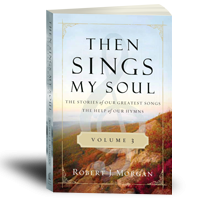
In his book, Then Sings My Soul (book #3), Robert J. Morgan takes his readers back to the very beginnings of music from God’s people…the Israelite nation.
The first reference of music in the Bible is found in Genesis 4:21, when a man named Jubal is described as the ‘father’ of all who play the harp and flute. The first recorded ‘hymn’ in the scriptures can be found in Exodus 15, after God’s people escape the Egyptian army through the parted waters of the Red Sea. Moses and his people drew up the story in the form of a song that could be easily learned and spread among the people. It began with the words, “I will sing to the Lord, for He is highly exalted. The horse and its rider He has hurled into the sea.” Exodus 15:21 describes the exuberance of the moment saying, “Then Miriam the prophetess, Aaron’s sister, took a tambourine in her hand, and all the women followed her, with tambourines and dancing.” And Miriam answered them, “Sing to the Lord, for He has triumphed in gloriously; the horse and its rider He has thrown into the sea.”
Unfortunately, the next time we see the Israelite nation in song, it’s in a sensuous idolatry around a golden calf. While Moses was on Mt. Sinai receiving the Ten Commandments, Aaron was compelled by the people to craft an idol of gold. The idol was similar to that of the Egyptian worship and far from the expectation of Jehovah God. In their idolatry, the desert erupted with the sound of singing and revelry. Moses heard the strains of music from a distance and realized the sin of the people. The Israelite nation had broken the first commandment, “Thou shalt have no other Gods before me.”
By the time we get to the book of Deuteronomy, the old Law Giver (Moses) is again teaching God’s people the songs of Jehovah. We read in Deuteronomy 31:30 through 32:3, “And Moses recited the words of this song from beginning to end in the hearing of the whole assembly of Israel: ‘Listen, Oh heavens, and I will speak; hear, O earth, the words of my mouth. Let my teachings fall like rain, and my words descend like dew, like showers on new grass, like abundant rain on tender plants. I will proclaim the name of the Lord. O praise the greatness of our God!’.”
Ending his song, Moses advised God’s people to take the words to heart. “They are not just idle words for you”, he said. “They are your life…” (Deut. 32:46-47) He was describing not only the nature of God’s Word, but the character of his hymn represented God’s Word as it was crafted for singing.
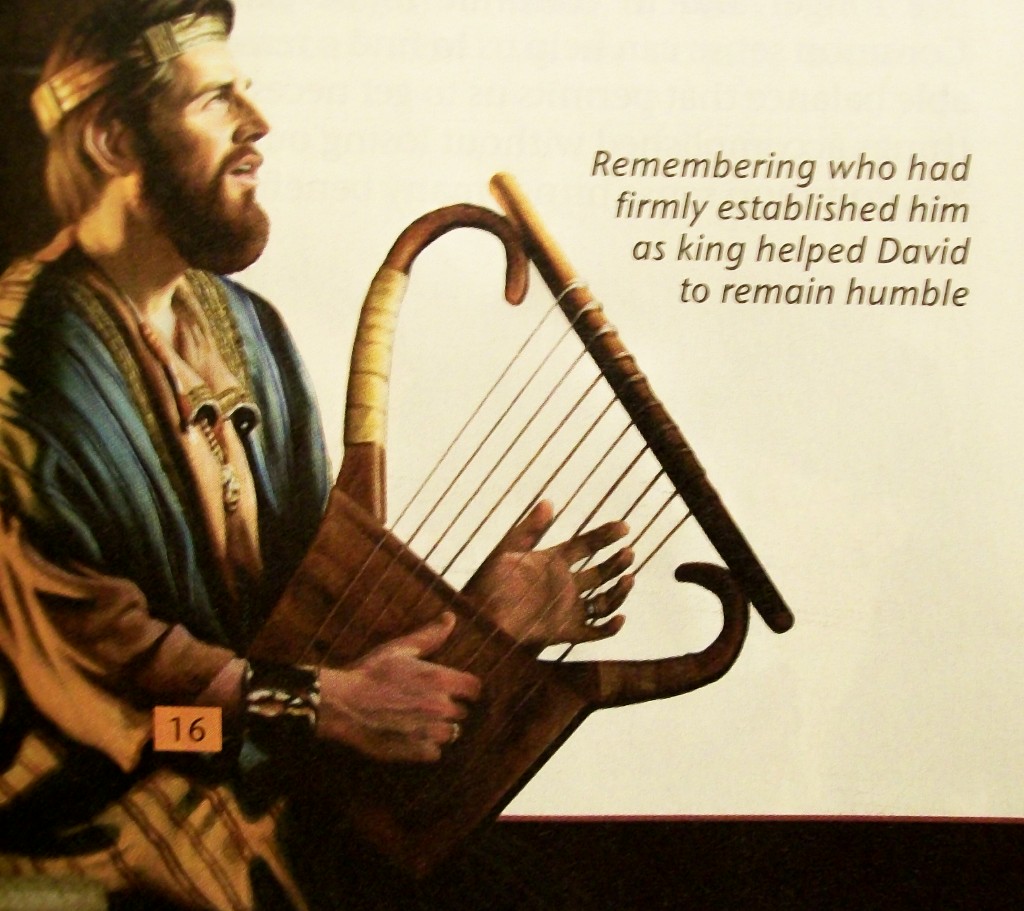 In the rest of the historical books of the Old Testament, we find a many poems, hymns and ballads sprinkled throughout the text. Examples include Deborah’s song in Judges 5, the worship in song at the restoration of the temple under King Hezekiah’s reign (2 Chronicles 29), as well as David and his illustrious, musical, life-story. David’s early life as a shepherd is where he likely wrote many of the Psalms. David was a valiant shepherd, a talented poet, a great musician and a noble king. He launched and formalized the ministry of music in or around the year 1000 B.C. He employed thousands of musicians and then personally wrote many of the hymns for them to sing and play. Scores of these are preserved in the book of Psalm – the Hebrew hymnal.
In the rest of the historical books of the Old Testament, we find a many poems, hymns and ballads sprinkled throughout the text. Examples include Deborah’s song in Judges 5, the worship in song at the restoration of the temple under King Hezekiah’s reign (2 Chronicles 29), as well as David and his illustrious, musical, life-story. David’s early life as a shepherd is where he likely wrote many of the Psalms. David was a valiant shepherd, a talented poet, a great musician and a noble king. He launched and formalized the ministry of music in or around the year 1000 B.C. He employed thousands of musicians and then personally wrote many of the hymns for them to sing and play. Scores of these are preserved in the book of Psalm – the Hebrew hymnal.
Thanks to Richard Dent for his summary of this interesting Old Testament Hymnology.
Securing the Hearts of Our Youth…Part 3
As we conclude this series on ‘Securing the Hearts of Our Youth’, let’s example the third component of mentoring and preparing faithful families. Let’s turn again to examine the three previously mentioned, elements of securing their hearts. I truly believe that each of these will help us in drawing our youth closer to God.![2442062865_9ea84218d4[1]](http://www.singingwiththespirit.com/wp-content/uploads/2012/06/2442062865_9ea84218d41.jpg)
Part 1, focused on the importance of a faithful example. Remember your consistency and faithfulness as you talk with your children, walk through your life and choice your path. Your example, in some cases, will impact people more than you words. Our second component (Part 2) addressed the idea of providing opportunities for involvement in the work of the church. We can include our young people when we give them a chance to work. Remember, if they’re ‘thirsty’ they’ll ‘drink.’
We have talked about the value of a good example and the importance of training and teaching our young people. And though these two methods of preparation are vital and needed to direct our youth, we must never forgot the ‘WHY’ behind it all. For the past 10 years I have taught the college class at our congregation. There has been Sunday mornings when only three (3) students came to class. And then again, there have been Wednesday nights when more than thirty (30) young men and women filled the room. During each class I ask them; “Why? Why are you here? No one is making you come; you are here because you chose to be. Why?” When we can come to understand the reason we attend a Bible study with God’s people is more than just habit, then they will grow closer to seeing the importance of doing more than just going through the motions. As a congregation and as individual families we strive to set the proper example. We focus on training and teaching our young people to serve (men to lead) in the Lord’s church, but our children must come to know why we do what we do.
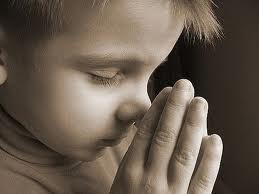 During the early 1700’s, Isaac Watts at the age of 45, wrote a poem entitled “How Shall the Young Secure Their Hearts?” The poem, a song many have sung for years, asks the question we set as the pinnacle in exploring our objective; Mentoring Faithful Adults into a Life of Service. How can we safe guard the hearts of our young people for Godly service? Isaac Watt’s doesn’t miss a beat. His answer comes from the second part of Psalm 119:9 “…by keeping it (a young man’s ways) according to Your word.” The song states; “Thy Word the choicest rules imparts to keep the conscience clean.” How else can we, should we, mentor faithful adults if not through the Word of God. The Psalmist continues as he writes in the 119th Psalm, “With all my heart I have sought You…Your word I have treasured in my heart…with my lips I have told of all the ordinances of your mouth…I will meditate on Your precepts and regard Your ways. I shall delight in Your statues; I shall not forget Your word.” Notice the example of seeking God and treasuring His word in our hearts; of mediating on His instruction and delighting (making a priority) of his statutes (the Law of Christ). As we mentor our young people and train them, we’ll teach them how to tell others about the ordinances (the word) of God.
During the early 1700’s, Isaac Watts at the age of 45, wrote a poem entitled “How Shall the Young Secure Their Hearts?” The poem, a song many have sung for years, asks the question we set as the pinnacle in exploring our objective; Mentoring Faithful Adults into a Life of Service. How can we safe guard the hearts of our young people for Godly service? Isaac Watt’s doesn’t miss a beat. His answer comes from the second part of Psalm 119:9 “…by keeping it (a young man’s ways) according to Your word.” The song states; “Thy Word the choicest rules imparts to keep the conscience clean.” How else can we, should we, mentor faithful adults if not through the Word of God. The Psalmist continues as he writes in the 119th Psalm, “With all my heart I have sought You…Your word I have treasured in my heart…with my lips I have told of all the ordinances of your mouth…I will meditate on Your precepts and regard Your ways. I shall delight in Your statues; I shall not forget Your word.” Notice the example of seeking God and treasuring His word in our hearts; of mediating on His instruction and delighting (making a priority) of his statutes (the Law of Christ). As we mentor our young people and train them, we’ll teach them how to tell others about the ordinances (the word) of God.
We have a massive obligation to mentor our young people. We need to begin early and continue mentoring often. Our responsibility should never be take lightly. If you still have children at home, focus your attention on bringing them to God…literally. Don’t let culture dictate where they will go and what they will do. Be certain, if you don’t show them that God is first in your life, the world will show they what it holds to be important. And remember mentoring our young adults must start with you, the parent. If you have grown children who are no longer faithful and no longer under your guidance; be sure you have your priorities right and pray for an opportunity to correct any errors from your past. You may still be able to sway them if they a change in your life. If you have no children but want to impact and influence ‘the next generation’, search your heart and be sure you’re focused on Godliness. Seek ways to teach, train and encourage the young adults in your congregation. It’s never too late to secure their hearts and guard their lives from sin. Use God’s word as the light that will guide them through the dangers of the night. Rest assured, God’s Word is everlasting truth and every page of His word is pure! Using the Bible as our foundation in life will guide our young people and, as Isaac Watts wrote, will well support our age.
A World Without Joy!
“Joy to the World, the Lord has come!” WAIT! It’s early June, what in the world are we doing talking about (not to mentioning singing about) a Christmas Carol? Save this song for December, along with “O Little Town of Bethlehem” “Away in a Manger” or “Silent Night”. But t hink about it; when was the last time you sang this song outside of the winter months? On a beautiful Sunday morning in early June, we sang this song as we opened our worship service. Some might do a double take and ask the question, ‘Is that appropriate; shouldn’t this song be reserved for another time and day?’
hink about it; when was the last time you sang this song outside of the winter months? On a beautiful Sunday morning in early June, we sang this song as we opened our worship service. Some might do a double take and ask the question, ‘Is that appropriate; shouldn’t this song be reserved for another time and day?’
Before you answer that question read again the words from this Issac Watt’s classic:
“Joy to the world, the Lord is come! Let earth receive her king. Let every heart prepare Him room, and heaven and nature sing. Joy to the earth, the Savior reigns! Let men their songs employ, while fields and floods, rocks, hills and plains repeat the sounding joy. No more let sin and sorrow grow, nor thorns infest the ground; He comes to make His blessings flow far as the cruse is found. He rules the world with truth and grace and makes the nations prove; the glory of His righteousness and wonder of His love.”
Did you see the reference to the birth of Christ? “…the Lord is come…” This is why we have labeled this a Christmas song to be sung in December. But does December have a Biblical lock on the birth of Christ? Traditionally we see December as the time of year when Christ was born, but where is there evidence in scriptures to support this claim? If the truth be known it was more likely to have been in the spring or early summer that Mary gave birth to Christ; but that’s another study. We have to ask ourselves what the message is from the songs we sing, even the “Christmas songs”. The message from this old spiritual song is obvious; we hear it resounding throughout the Psalms; “But let all who take refuge in You be glad, let them ever sing for joy…” (5:11) “The meadows are clothed with flocks and the valleys are covered with grain; they shout for joy, yes, they sing.” (65:13) “Praise the Lord from the earth… all mountains and all hills” (Psalm 148: 7, 9)
If you desire to praise God, and if you intend to bring glory to Him through your songs, I encourage you to think about what you are singing and be sure you don’t just sing from traditional expectation. We should sing because of the joy we have in Christ. Praise be to God that He sent His Son…for without Him, we would be without Joy.
A Psalm, a Hymn or a Spiritual Song?
Is there a difference between singing a psalm or singing a hymn? If I’m singing a spiritual song how is that different (is that different) from singing a psalm? Both Ephesians 5, and Colossians 3 use similar wording when talking about these three terms; “…speaking to (teaching and admonishing) one another in (with) psalms, and hymns and spiritual songs…” The apostle Paul authored these letters to the churches in Ephesus and Colossae, and based on Acts 16:25, he was no stranger to singing. But what exactly is the difference between a psalm or a hymn or a spiritual song? Do theses words mean the same thing? A deeper look into these three (different) forms of singing praise to God and singing encouragement to the faithful might give us a better understanding of what we are doing when we sing.
Though admittedly, there is some gray area in the exact interpretation of these three words, a basic idea can be found for a quick understanding of these terms by evaluating each on it’s own merit.
A Psalm (for all practical purposes) would be a song that is based on scripture. The Psalms would obviously be our first thought in answering the question, ‘What is a psalm?’.  But the following could be classified as a psalm as well: ‘a song of praise or edification that can be found in part or in whole in the word of God.’ It is clear when we sing, the 23rd Psalm… “The Lord’s my shepherd I’ll not want, He makes me lie down in green pastures; He leads me beside quiet waters. He restores my soul; He guides me in the paths of righteousness for His name sake. Even though I walk through the valley of the shadow of death, I will fear no evil, for You are with me; Your rod and staff, they comfort me. You prepare a table for me in the presence of my enemies; You have anointed my head with oil; my cup overflows. Surely goodness and lovingness will follow me all the days of my life, and I will dwell in the house of the Lord forever.” You know the song… “The Lord’s my shepherd I’ll not want: He makes me down to lie, In pastures green, He leadeth me in pastures green He leadeth me the quiet waters by.” But do you know this ‘contemporary’ song from Galatians 2:20 “I have been crucified with Christ nevertheless I live, but not I, but Christ lives in me; and the life that I now live in the flesh I live by faith in the Son of God, who loved me and gave Himself for me.” So a ‘Psalm’ is song we sing almost directly from scripture.
But the following could be classified as a psalm as well: ‘a song of praise or edification that can be found in part or in whole in the word of God.’ It is clear when we sing, the 23rd Psalm… “The Lord’s my shepherd I’ll not want, He makes me lie down in green pastures; He leads me beside quiet waters. He restores my soul; He guides me in the paths of righteousness for His name sake. Even though I walk through the valley of the shadow of death, I will fear no evil, for You are with me; Your rod and staff, they comfort me. You prepare a table for me in the presence of my enemies; You have anointed my head with oil; my cup overflows. Surely goodness and lovingness will follow me all the days of my life, and I will dwell in the house of the Lord forever.” You know the song… “The Lord’s my shepherd I’ll not want: He makes me down to lie, In pastures green, He leadeth me in pastures green He leadeth me the quiet waters by.” But do you know this ‘contemporary’ song from Galatians 2:20 “I have been crucified with Christ nevertheless I live, but not I, but Christ lives in me; and the life that I now live in the flesh I live by faith in the Son of God, who loved me and gave Himself for me.” So a ‘Psalm’ is song we sing almost directly from scripture.
Personally, the hymn is my favorite of the ‘songs’ when compared to the other three song definitions. To understand the definition of a hymn, I have found it is easiest to relate this simple analogy; ‘A hymn is a song that is sung to HIM’. Many examples are available, but one of my favorites is a sung written by Annie Hawks in 1872…“I need Thee every hour, most precious Lord; No tender voice like Thine can peace afford. I need Thee, O I need Thee; every hour I need Thee! O bless me now, my Savior; I come to Thee!” No one can refute the fact that this song (hymn) is directed to HIM.
A Spiritual Song is more basic in that it can encompass anything that is Biblical (spiritual) in nature. If I sing a song that comes from God’s word or is contemplating Godliness, it could be classified as a spiritual song. An example might be “Walking Alone at Eve”. Consider the chorus to this ‘spiritual song’; “O! for a home with God, a place in His courts to rest, sure in a safe abode with Jesus and the blest (Biblical in thought); Rest for a weary soul once redeemed by the Savior’s love, where I’ll be pure in whole and live with my God above.”
Next time you stand with the saints to sing praises, or sit alone and singing a song of prayer, ask yourself; “Are we (Am I) singing a Psalm, a Hymn or a Spiritual Song?”

